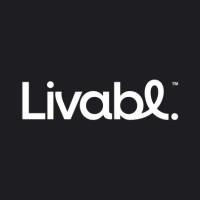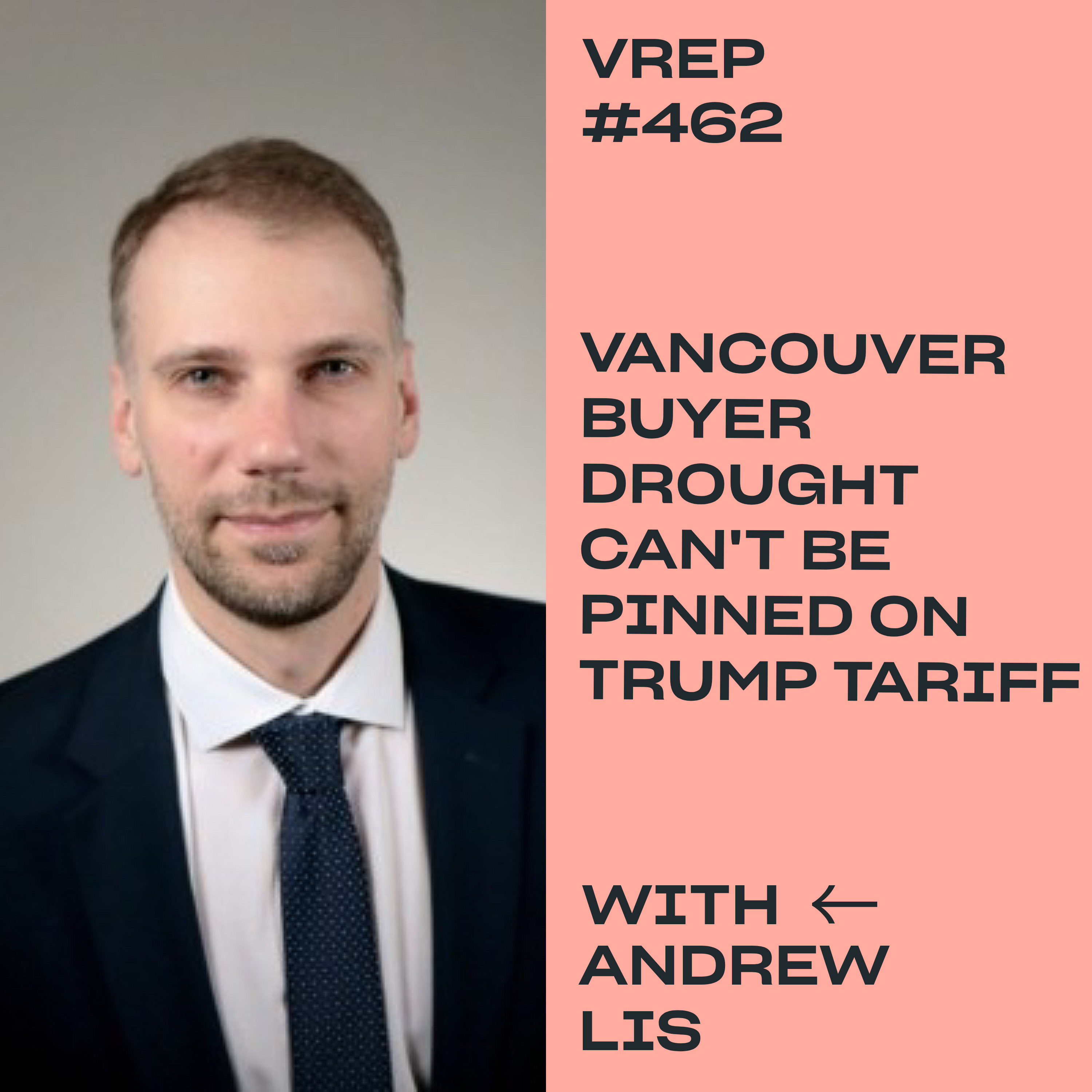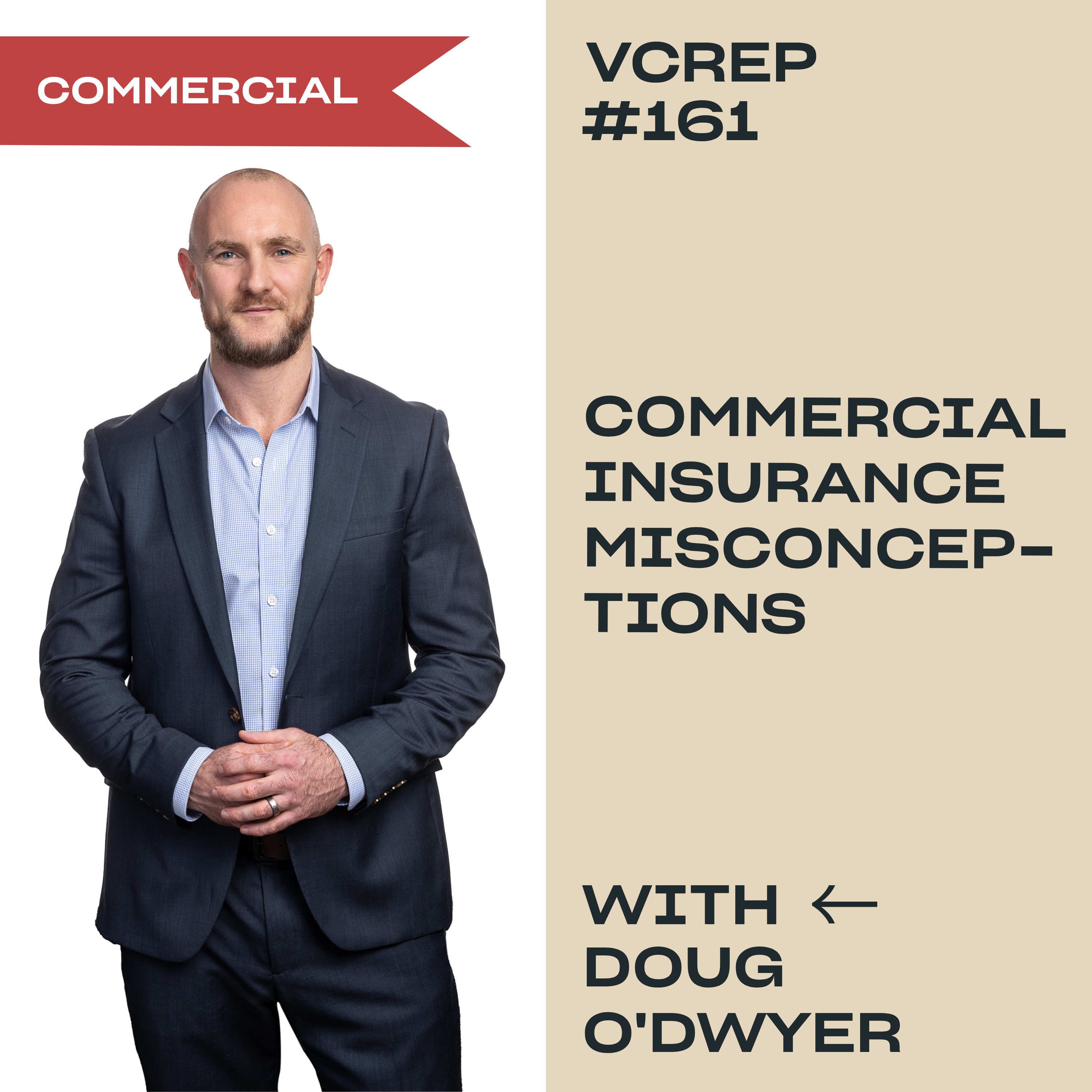Episode 372 – May 18, 2023
Listen On: Apple Podcasts | Spotify | Google Podcasts
Today’s guest has been analyzing and collecting data on residential new home construction and real estate trends since 1985. Now, as the head of the leading provider of data to the residential home building industry in North America, CEO of Zonda Jeff Meyers sits down with Matt & Adam to discuss the Vancouver real estate market, US & Canadian real estate at large, and where our local market mirrors and diverges from larger real estate trends.
Does Vancouver real estate make sense? Why will inventory remain at record lows? And how is Zonda transforming the way new homes are built and sold? This is a data deep dive with a legend in the industry. Get your notepad!
Guest Information

Jeff Meyers
Jeff Meyers is the Chief Executive Officer of Zonda. As CEO, Jeff leads the strategic vision for Zonda to inform, advise, and connect the next generation of homebuilders and multifamily developers. As the founder of the Meyers Group in 1985, Jeff has led teams on advising the housing industry for over 30 years. He continues to spearhead new, innovative opportunities for Zonda’s growth across the organization’s three operating platforms: Data Intelligence, Engagement, and Media & Awareness.
Highly regarded as an industry expert on residential new home construction and real estate trends and issues, Jeff is a member of the California Building Industry Association’s Hall of Fame, Urban Land Institute’s PropTech Council, and the Harvard University’s Policy Advisory Board.
Episode Summary
Zonda CEO Jeff Meyers sits down to share critical housing market insights with Adam and Matt. How does Vancouver’s new construction market stack up against the US? Why do we need to watch the office market? And what’s next for the home building industry?
Who is Jeff Meyers?
I grew up in North Vancouver and was a serial entrepreneur growing up. I went to college in San Diego and did an internship where I met up with a developer. He did a big home run in Phoenix and financed my first company in the 80’s, which was a data company for real estate. I grew that through the US. In 1996 we raised $20 million and decided to acquire all of the data companies serving home building in the US.
We started out surveying communities by driving through with pen and paper. We keyed the data into a PC and printed large books with our findings. People were telling us they had to buy new bookshelves to fit all of the data we were printing! We did books through the late 90’s and then switched to digital. But clients really resisted going from paper to software.
My dad had an entrepreneurial mind as well and a lot of my friends wanted to experiment. I even partnered with the guys from Polygon on a disco company back in the day! That didn’t go well.
Vancouver curates a lot of entrepreneurs. If you think of all of the success that has come out of Vancouver, it’s remarkable. It’s an enterprising city that gets people excited.
How did you get interested in data and real estate? Did one come before the other?
As an intern at San Diego State, I interviewed with security firms. I wasn’t chosen by any of the big corporations. I liked computers and technology but didn’t want to sit in front of a screen all day. With real estate, you get to go outside and visit properties. So it was a good combination of my passions.
Tell us about Zonda.
I founded Zonda to take a different approach, using the most modern data technology in home building. We wanted to do real-time data, updating the site every single day, and have builders feed us data. We had a lot of challenges but our goal was to disrupt the industry.
We grew the company quite quickly and had funding from Kennedy Wilson, a public company. They funded Zonda with $20 million and I was nervous about how we’d get that money back. By year five, we had been growing 50-75% revenue per year and Kennedy Wilson decided to exit.
Keep your finger on the pulse of Vancouver’s real estate market with our Live Wire email newsletter.
So we did a road show to find new funding and received multiple offers. After the final meeting, we found an investor that felt different. It turns out they had actually purchased my first company, Meyers Group, and wanted to combine Meyers Group and Zonda. They added another company making us the largest data company serving home building in the US. That happened in December 2018.
Zonda also includes a B2B media and events company, a magazine and other businesses. But 60-75% of our business is in data and that’s the core culture of our company.
Did you find a big difference from market to market working across the US?
I found the biggest difference going from California to Texas; it’s like going from Vancouver to Quebec. There were cultural differences in real estate that we had to learn. I learned that in my first business, Meyers Group, because we grew grassroots one community at a time. Zonda was nationwide from day one because we had the funding.
Coming from a US real estate perspective, how is Vancouver different?
The reason we came to Vancouver was topurchase Urban Analytics. But now that I’m back and meeting with developers in person, I’m amazed by how large the Vancouver real estate market is. The dollars that flow through the Toronto and Vancouver markets are a lot bigger than many in the US. Vancouver is a very robust market and hard to understand. I’m still learning.
We’ve purchased three companies in Canada: Urban Analytics in Vancouver, BuzzBuzzHome in Toronto and Alpha Vision in Montreal. Because we’re a data company first, we focus on how we can get the most comprehensive, complete and accurate database first. Going into listings, we then turn that database over to the consumer.
Our goal with Livabl, which is the rebranded BuzzBuzzHome listing site, is to be the most comprehensive listing platform for new construction in North America. We hired an executive from Zillow to run it because we believe new construction is an underserved industry. We want to be the platform to serve it.

What does Livabl solve for the home buying consumer and for the home building industry?
The consumer comes first. You need a platform that serves the consumer well. Transacting in new construction is very different than in the resale market. We want to bring the ability to tour and see homes directly onto our website.
With new construction, people are purchasing something that isn’t built yet. So how can we take that experience and make it real?
We also want to bring the industry to the consumer. We see a lot of glamourized realtors, like on Million Dollar Listing and Selling Sunset, but we don’t see that with developers. So we hired a person from Twitter and Globe & Mail to oversee our editorial platforms and help bring those developers to the consumer.
On highlighting the new construction industry in Vancouver:
Look at the buildings in Vancouver; we have world-class architecture. It’d be great to get to know some of the people behind these buildings.
In Vancouver there’s more residential than office but in Seattle, it’s the opposite. With the demise in office, you can see how Seattle has deteriorated. Vancouver stands up a lot stronger. In Seattle, restaurants and retail are still boarded up. San Francisco has deteriorated a lot too. So not all of these global cities are thriving post pandemic.
There’s a lot of interest in Vancouver; it’s famous for being one of the best urban communities in the world. Our industry takes that very seriously.
Is there a city in the US you look at as a comparison coming into Vancouver?
The biggest high rise market database today is Manhattan. Miami is similar in a different sense. Those are probably the closest markets to Vancouver.
But we’re learning a lot from Urban Analytics and the work they did on high rises. They categorized based on construction, units per floor, elevators, etc. We came from a more horizontal marketplace but they were looking at things vertically. They brought a lot of expertise.
Keep your finger on the pulse of Vancouver’s real estate market with our Live Wire email newsletter.
We’ve seen a trend of low inventory across North America. How does that play out in a market like Vancouver compared to markets in the US?
Average credit scores were north of 700 in the US in the most recent cycle. Unlike Canada, the US has 30 year fixed mortgages. In the US, 90% of households have 30 year fixed mortgages under 5% while 70% are under 4%. We call it The Great Mortgage Rate Lockdown. If you have a 2-3% mortgage, you’re not moving because rates have doubled.
A lot of people thought it would be like 2008 and inventory would go up. But it’s not because who wants to sell? The resale market is extremely tight and sales numbers are down because of low inventory.
In Vancouver you have immigration, which is a huge advantage. The immigration policies in the US are not as smooth as they could be. So Vancouver has this built in demand, which is amazing.
How does the office real estate market relate to the residential real estate market?
The office business has changed forever. When covid hit, we closed 38 of our offices and we’re now 75% remote. We went from 38 offices to 12. It’s a big benefit to the company saving on office space.
But what I tell our residential builders is that the office is your new competitor. They need to make their homes the best office buildings they can be because so many people are working from home.
It’s all about utilization of space. Even if we go to a hybrid remote model, that’s still only 50% of offices being used. We’re seeing secondary and tertiary markets take off because people can work from anywhere.
The press has it wrong. They keep focusing on when the housing market will collapse but it’s office they need to watch. The defaults in office real estate are already starting to take place.
Vancouver has survived a lot better than many cities. I have friends who have moved out to remote places and realize there are only three restaurants in town. World class cities like Vancouver still offer something. I think that’s whyoffices in Vancouverhave done better because it’s a city people still want to be in. You don’t have an overbuilt office situation here unlike many American cities.

What are the opportunities for builders?
Development is the only opportunity for supply. Because the resale markets in Canada and the US are so tight, we feel very fortunate in new construction. Starting in January 2023, it’s been a great selling season already. In the US, April 2023 exceeded April 2022. We’re seeing increased activity.
Covid created a real estate bubble with people buying second and third homes. Real estate markets are not created equal; we’re seeing certain markets are stronger than others coming out of covid.
Vancouver is like California; it’s very geographically and politically restrictive with high fees. And then officials wonder why they can’t create affordable housing. Well, bring your fees down and don’t take three years to approve a project. It’s obvious. The officials need to change their habits and stop making development more difficult.
Will we see upward pressure on pricing in new construction?
We saw a slow Q4 of 2022 in Canada and the US but it’s rebounded since. It’s pretty rate-sensitive but we have seen a flattening or increase in pricing.
Where are the US real estate markets with opportunitiesfor growth?
Florida is one of the better states. It’s easy to get development happening and there’s a lot of migration. A lot of New Yorkers moved to Florida when they could work from home.
Markets that are more difficult, like Phoenix and Vegas, had big move ups in price with Californians moving there. Texas also saw some softness but is recovering now. Dallas and Houston do the most development activity in the US.
Where would you suggest someone invest in the US?
You want to buy where it’s safe, there are good schools and the future is promising. I read a book called Move by Parag Khanna that’s all about climate change. I’d stay away from some of the hotter cities that are just getting hotter. Insurance costs are also getting out of control.
You want to invest in a city that’s nice to live in. What can you walk to? Walkability is very important.
I own a home in Victoria, which is a gem of a city. It’s beautiful and the climate is great. And now that I can work remotely, I can stay there for weeks at a time instead of just on weekends. That change in work culture has allowed us to look at more secondary and tertiary cities. You want a place with enough services that make you feel comfortable and that have things like hiking that people are attracted to.
I’ve lived in California for 30 years where it’s always 70 degrees and sunny. But Vancouver is way more walkable than California. Covid helped change that, by bringing out sidewalk dining.
Let’s talk about Livabl.
Because we’re a data company first, we feeddata from our research platformto our listing platform. Today we’re in Toronto, Ottawa, Calgary, Edmonton, Vancouver, Kelowna, Victoria and will be coming to Montreal, Regina, Halifax, and more cities. We’ll be the largest database right across Canada. We’re covering about 70% of all new construction in the US and are approving new markets all the time.
Our goal is to take the friction out of home buying and make it a smooth process.
One of our clients in the US is actually taking deposits online, which means a more qualified lead. That person feels more engaged in the process, even if they only paid a $100 refundable deposit. We’re looking at options like that for Livabl.
We want to be flexible and be able to serve the whole community – brokers and builders – but always do what’s right for the consumer first.

Does Livabl level the playing field for consumers?
Developers are very cautious about releasing prices and Vancouver is a very sophisticated market when it comes to launches. We’re learning about that. As a data company, we track the whole construction life cycle and have information about a site before the developer even launches any marketing.
We have an AI system out of Glasgow that tracks the construction cycle using an algorithm and satellites that allow us to not have to visit a site in person. Being able to release some of that information to the consumer helps to level the playing field. For example, instead of showing a dot on a map to indicate where a building will be, we’ll have a full digital site map.
Ultimately, you’ll be able to pick your house on our site map and put down a deposit all on our site. That’s the future goal. This will be accessible; it won’t be behind a paywall.
What kind of data from the developers will be available?
Sales data won’t be on the consumer side of Livabl. We won’t be releasing how many units are sold or things like that. In our featured listings, the developer has full control over what they want to share. We also offer free listings, because we want to be a comprehensive model.
How do you see AI changing the work you do in data?
We’ve been using ChatGPT and AI in our editorial and marketing teams. It’s not perfect – you still have to edit – but it’s pretty darn good.
Our data science team in Scotland is looking into how we can apply AI to more parts of the business. It really speeds up coding. On the search side, I think AI could be really interesting and give results to people in a more efficient way.
What are the differences between horizontal vs vertical building and how that data is shared?
With a high rise, you might see a three acre site plan but in a horizontal context, it could be 3000 acres. We’re the largest collector of master plan communities; we have over 1200 communities over 1000 units in the US that we database every month. We’ll put those entire site maps online so you can see the amenities, the outdoor space, the building layout, etc. As a consumer, you’ll get to see what the neighbourhood looks like without actually being there.
We’re taking all of the maps we have from the municipalities and digitizing them. We started in California and will be doing that in Canada too. It’s going to be a completely different experience. This is the vision of where we’re going.
Keep your finger on the pulse of Vancouver’s real estate market with our Live Wire email newsletter.
The 5 Wire: Getting to Know the CEO of Zonda, Jeff Meyers
What is one book you can recommend to our listeners?
I just started reading Winning by Tim S. Grover. One of the things he said is, “Winning is unbalanced” which really stuck with me. When I started my first firm, it was 12 hours a day, 7 days a week. There was no work life balance! But if you want to be a winner, it’s unbalanced. If you want to win, you have to go for it.
Every CEO I’ve met works all the time. There’s no vacation; you’re always on. Some of the young people today are so into work life balance, which is great if that works for you. But there’s a lot to say for the leaders and how they got there.
What one new habit, behaviour or belief has most improved your life in the last five years?
I’m into fitness and bought a Peloton during covid. I used to go to Equinox but the convenience of fitness is important.
What have you been binge watching lately?
My wife usually tells me what we’re watching. The Crown is what we’ve been watching most recently.
Favourite band or type of music?
We do a conference every year and we had Kenny G play at it this year, which was really cool. He played through the audience. I actually play the saxophone myself and he was incredible. And a super nice guy! But I’d say my favourite musician today is Ed Sheeran.
What is something you’ve purchased for under $1500 that has had a positive impact on your life?
I’ll say the Peloton again!
Keep your finger on the pulse of Vancouver’s real estate market with our Live Wire email newsletter.
Episode Host

Adam Scalena
Adam is a full-service realtor, specializing in Vancouver’s best areas. His systematic approach to real estate and dedication to his clients has consistently placed him within the top 10% of realtors operating within Greater Vancouver.

Matt Scalena
Matt is real estate obsessed and considers himself a lifelong student of the Vancouver real estate market. As a co-manager of the Scalena Real Estate team, Matt prides himself on expertly advising buyers and sellers on all aspects of the fast-paced, dynamic Vancouver real estate market. He is present at every stage of the process, from that first phone call or email right through to when keys are exchanged between sellers and buyers.









